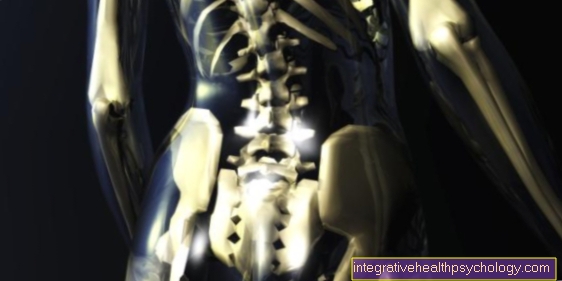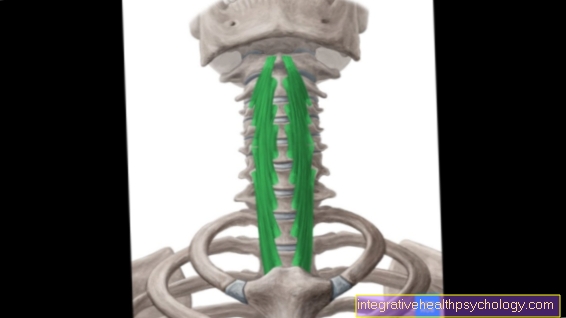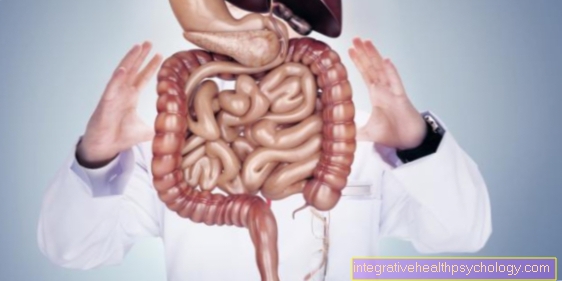Fasting Risks
synonym
Therapeutic fasting, diet, nutrition, weight loss
Overview of our fasting topics

- Fast
- Lose fasting
- Fasting Instructions
- Fasting story
- Fasting Risks
- Lent
- Therapeutic fasting
Precautions and Risks

Especially with patients who have never done a fast before, you should first take a few precautionary measures so as not to experience any nasty surprises.
With a fasting cure, the otherwise abundant fuel, solid food, is withdrawn more or less abruptly, despite the relief days before a cure. Despite drinking enough, dizziness, reduced performance and weakness as well as a drop in blood pressure can occur. Patients suffering from diseases of the cardiovascular system such as heart failure, low blood pressure and dizziness should be very careful with therapeutic fasting cures. At the beginning, a feeling of weakness and dizziness and, under certain circumstances, an irritated or oversensitive appearance must almost always be expected. However, these symptoms all regress as the treatment progresses.
Once the body has adjusted to the new metabolic situation, the patient is usually better off than before. Most course participants feel hungry at the beginning. This is a completely normal reaction of the body when it demands solid food. After 24 hours, the feeling of hunger disappears.
Furthermore, many patients describe that after the laxative measures, the feeling of hunger no longer exists. Further precautionary measures should be observed in children and the elderly. With them, it should be Fast can also be dispensed with. While the body is refused food and mainly liquids must be taken to ensure that the Mineral metabolism and the acid-base balance is maintained. Constant colon cleansing can lead to an imbalance. This risk is increased if you only consume water as the only liquid. Patients suffering from kidney disease should also refrain from fasting. To avoid imbalances in mineral metabolism, sufficient tea and vegetable broth should also be consumed. People who at Diabetes mellitus sufferers should also refrain from fasting. The reason is that almost all patients begin to decline Blood sugar levelwhich, in healthy people, can be compensated for by the body taking appropriate countermeasures. In diabetics who are under a constant imbalance between High blood sugar and Hypoglycaemia suffer and insulin or taking similar medications are at extremely high risk of developing one Hypoglycaemia to suffer while fasting. In addition, the dose of insulin with meals must be adjusted. If a diabetic took part in a fast, it meant an almost complete readjustment of the patient with insulin.
Before the first fast you should definitely do a detailed one physical examination can be carried out at the doctor's and objections to a fast are asked.





























